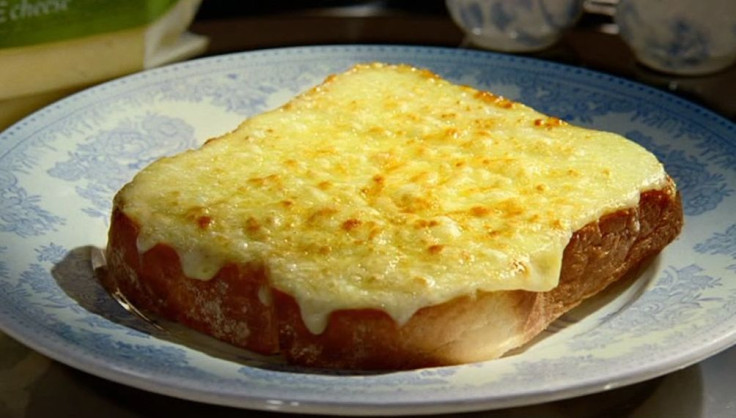Trade deal could grow UK food exports but uncertainty lies in Brexit

A massive new free trade agreement between the EU and United States is predicted to grow exports of food products from the UK by more than 4.7%, the government told leaders from the sector Thursday.
Members of the UK's food and drink industry gathered at Walkers Charnwood Bakery near Leicester on 25 June to hear from both the UK and US governments about how the Transatlantic Trade and Investment Partnership (TTIP) trade deal will benefit them.
Leicestershire-based food manufacturer Samworth Brothers runs the bakery where the group met. The company, founded in 1896, employs more than 2,000 people, owns Cornish pasty maker Ginsters, and is the largest maker of certified Melton Mowbray pork pies.
The East Midlands Chamber for Derbyshire, Nottinghamshire, Leicestershire, also lent its support to the gathering since the region is home to many of the UK's meat and cheese producers. The US business interest group BritishAmerican Business also helped to organize the event.
"The food and drink industry is the UK's largest manufacturing sector and over 90% of the businesses in the industry are small and medium sized businesses," according to UK Trade & Investment (UKTI), which was represented at the conference by Ron Yip, senior adviser to the UKTI TTIP team.
Biggest slice of UK food exports
Meat (including lamb, beef, pork and poultry) products are the biggest slice of UK food exports, selling £2.2bn of products overseas each year. Over the past five years exports from the UK in this sector have grown by 41%, a jump from £6.5bn in 2008 to £9.19bn in 2012.
The trade agreement would create opportunities for many of these small businesses by simplifying regulations on food products between countries and eliminating tariffs, UKTI said in a statement.
It continued: "If such challenges can be overcome, the UK's annual agri-food sector output could increase significantly." The EU-US Free Trade agreement, it said, would overcome major barriers "for our exporters by tackling some of the challenges that currently make exporting difficult."
But whether British industry will be able to reap the benefits the government promises hinges on Britain's referendum on whether to stay in or leave the EU. Earlier in June, trade lawyers told IBTimes UK that it will be very difficult for the UK to hold on to the benefits brokered in these deals if it withdraws from the EU in an in-out referendum planned for 2017.
Special deal would need to be brokered
Unless the UK was able to broker a special deal with the EU that allowed it to keep the benefits once the trade deal is signed, "the default would be that the agreement is between the EU and the US", said Andrea Bjorklund, chair in International Arbitration and International Commercial Law at McGill University. She added: "If Britain left the EU — the UK would be not be part of that unless both the US and EU agreed."
Agriculture, she continued, "is a big sector that has kept tariffs high", indicating the deal's efforts to break those tarrifs down and standardise food safety regulations would, theoretically, lead to a smoother flow of goods.
The deal is said to be similar to another brokered with Canada that is in its final stages and will also allow the sector to increase its exports. Yet the Brexit could also undo this deal.
"A comprehensive EU-US Free Trade agreement could add as much as £10bn annually to the UK," according to a UKTI report. "On agriculture, food and drink we are keen to improve the trading environment across the Atlantic, to deliver real opportunities for our producers."
© Copyright IBTimes 2025. All rights reserved.






















